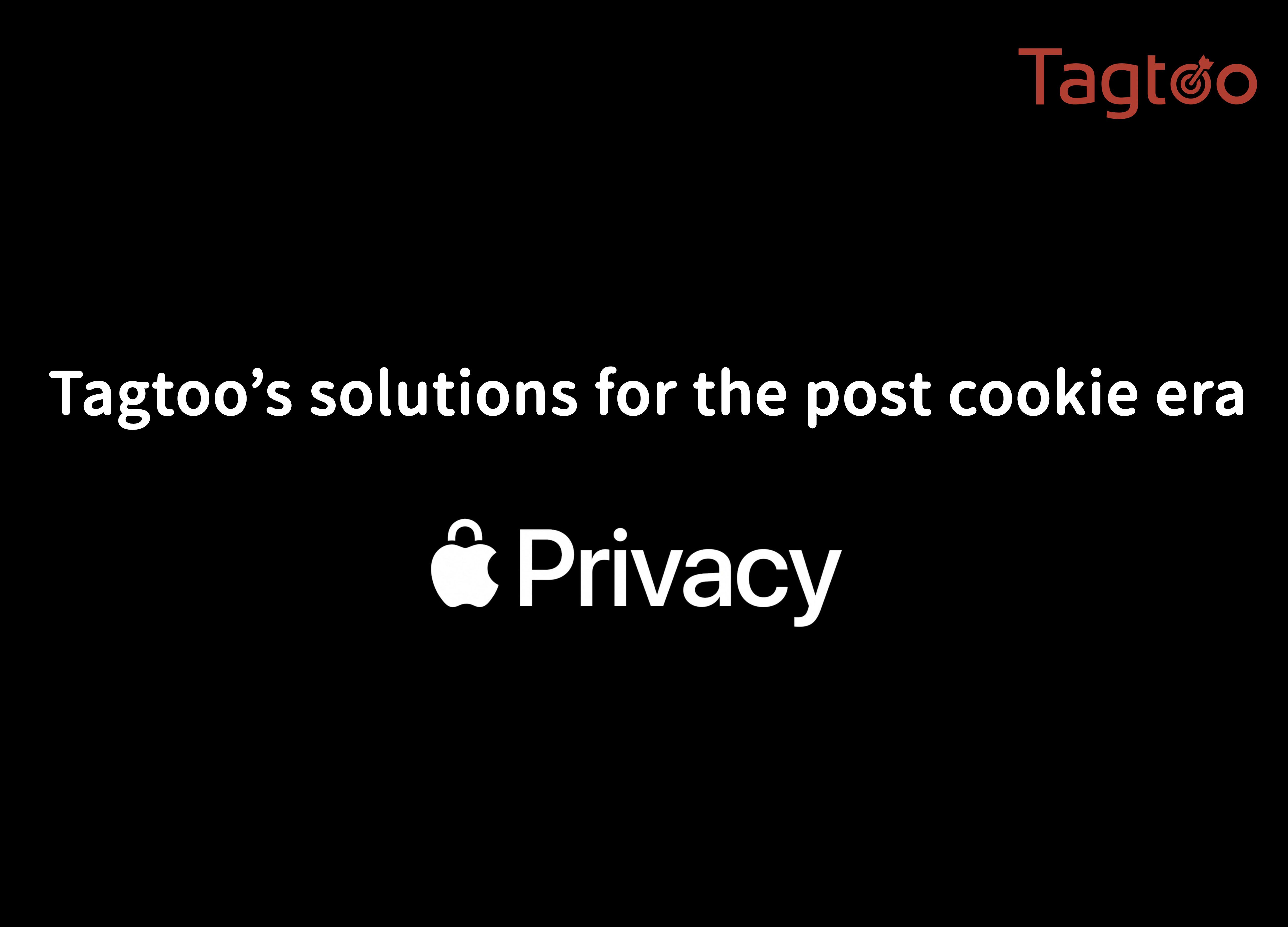In 2020 and 2021, two important announcements significantly impact the digital marketing world. In 2020, Google announced that Chrome will start to restrict third-party cookies. And in 2021, Apple conducted the new version of iOS 14 which enhances the protection of user’s privacy. Suddenly, the whole digital advertising world was descending into chaos. Some people start to question whether digital advertising marketers can still track down the user’s digital footprints in the future.
Fortunately, digital advertising marketers can still track down the user’s digital footprints. If you feel that digital advertisements seem to have a good knowledge of what you are interested in, then the feelings will continue even after the adjustments from Google and Apple. Then, what are the significant impacts two announcements bring? How user privacy protection has changed the current situation of digital advertising?
First of all, it is well-known that a third-party cookie is an unsafe technology that has the risk to be manipulated by people with bad intentions. Due to the concern, Safari and Firefox have already blocked the third-party cookies in an early stage. However, since Google Chrome has dominated the browser market by over 66%, the news of blocking third-party cookies on Chrome is highly regarded. As a matter of fact, blocking is not the correct wording. The browser will still send out third-party cookies, but the cookies will be different for each session so that digital advertisers can not precisely track down the user’s digital footprints.
image source: https://conceptionseo.com/thirdpartycookie/
Being Google’s main revenue source, Google will not admit Chrome to affect the income from digital advertising. In fact, Google and Facebook have upgraded the tracking technology of first-party cookies. The results showed that the tracking technology of first-party cookies is way back safer than third-party cookies, which means it is much protective when it comes to user’s privacy protection. However, it brings a big challenge to digital advertisers. Since the first-party cookie is difficult and impracticable to conduct cross-site tracking, digital advertisers have to come up with new solutions to adapt to the trend.
Based on first-party cookies, Google and Facebook suggest media and e-commerce businesses connect other user’s data to maintain the ad performance. For instance, hashing email addresses and phone numbers. Hashing email addresses and phone numbers are encrypted, de-identified, and irreversible. E-commerce businesses can provide the data to Google and Facebook to optimize the ads performance. To provide customer data to Google and Facebook, e-commerce businesses have updated their privacy policy. Nowadays, no matter at media or e-commerce websites, people have to confirm twice with the privacy policy.
When users agree with the privacy policy, the tracking method and results that first-party cookies can do are nearly the same as third-party cookies can. The hashing data that e-commerce businesses provide will be displayed at the Facebook backend as Advanced Matching. In addition to hashing email addresses and phone numbers, utilizing Universal IDs is another way to assist first-party cookies to conduct cross-site tracking. In the meantime, Tagtoo believes utilizing Universal IDs is a better solution because personal data may be miswritten by users. As a result, to protect user’s privacy and maintain the operation of the digital advertising industry, Tagtoo believes the first-party cookies and the tracking technology of Universal IDs are the future trends that worth considering.
However, at the end of 2020, Apple has an important announcement about the conduct of the latest privacy policy of iOS 14, which made Facebook rebound strongly in the first place. Facebook even ran full-page newspaper ads to attack iOS 14 privacy changes. The policy change will hugely affect the advertisers who relied on Facebook SDK to run traffic ads. Since users usually disapprove of the privacy policy, the user side will not send out any data from mobile apps. This means that iOS 14 will block and delete the first-party cookies data actively, and can even turn off the data transmission from Apps at the user’s side.
image source: https://www.cultofmac.com/715366/ios-14-privacy-protections-ipados-14-tracking/
Even though Apple conducted iOS 14 privacy changes, e-commerce businesses can still send out data through a server. This is the reason why many businesses got Facebook’s notification about introducing Server to Server conversion API. Facebook expected that businesses can directly send out advertising data to Facebook through the server, which could avoid the limitation from third-party cookies and the iOS 14 privacy policy.
Server to Server conversion API is a secure tracking method, however, the introduction requires high technical skills. While users agree with e-commerce websites’ privacy policies, e-commerce businesses can send out user’s data through the server, which includes de-identified and hashing data to advertising platforms, such as Google and Facebook. When it comes to user’s privacy protection, introducing Server to Server conversion API is a much secure method to collect user’s data. However, when it comes to high technical skills, it would be a big challenge to e-commerce businesses and advertisers. To sum up, Tagtoo believes that if e-commerce businesses expect to maintain the performance of the ads and track down users efficiently, introducing Server to Server conversion API and conducting Universal ID technology would be a must. (The technology can replace current IDFA to some extent.)
Tagtoo also believes that it would be a difficult task for small and medium businesses to have the high technical expertise to connect Server to Server API between advertising platforms, like Google, Facebook, and Google Analytics, etc. However, the excellent news is Tagtoo built a system that can assist e-commerce businesses and advertisers to connect Google and Facebook server to server API with Tagtoo’s self-developed Universal IDs.
Tagtoo is confident in solving the problems of the current cross-site tracking situation that businesses have met. If you are interested in Tagtoo’s system, please fill out the form below and we will contact you shortly.
